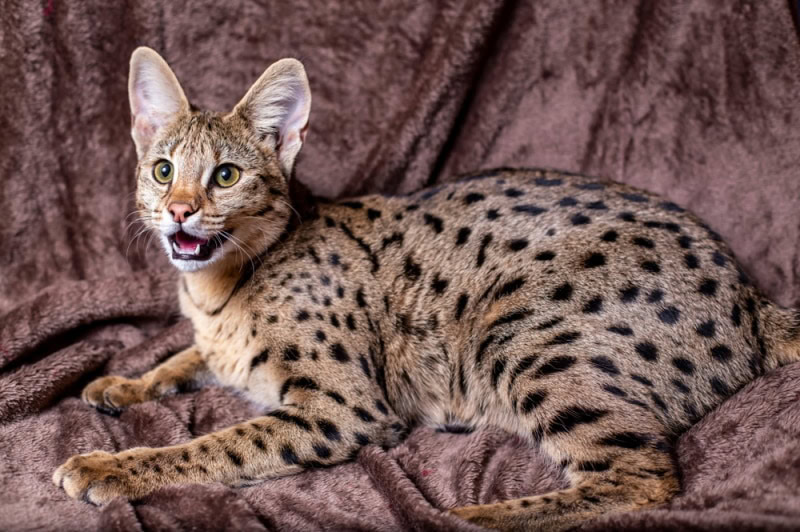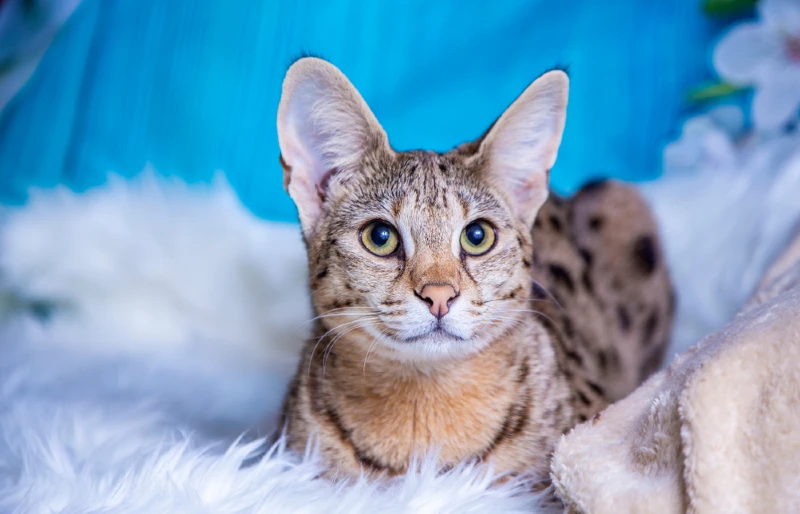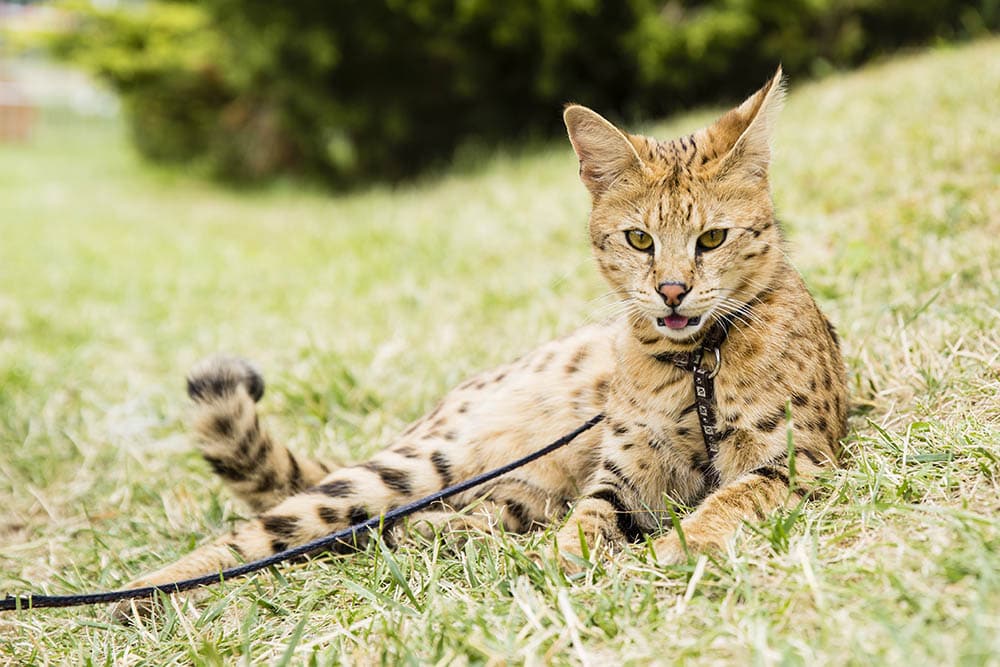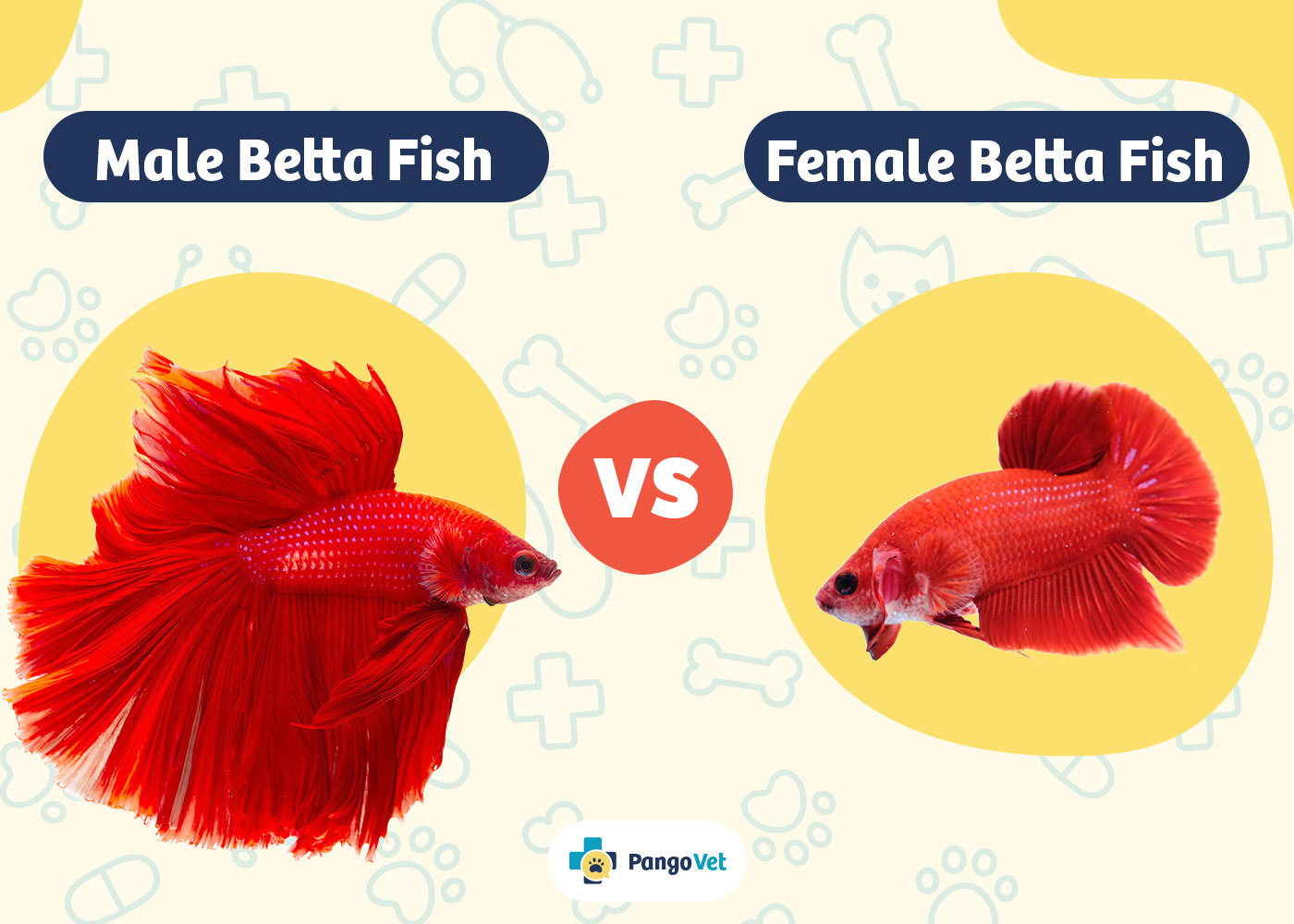Click to Skip Ahead
Savannah Cats are beautiful and exotic-looking cats that are a cross between an African Serval and a domestic cat. These cats vary greatly in size and temperament because they’re bred in different generations. So, while Savannah Cats are legal in most states, not all generations of Savannah Cats can be kept as pets in all states.
In general, first-generation and second-generation Savannah Cats, more commonly known as F1 and F2 Savannah Cats, aren’t allowed in some states. F3 Savannah Cats and Savannah Cats in further generations are allowed in more states. Since laws vary from state to state, make sure that you’re familiar with your own state’s laws and regulations before bringing home a Savannah Cat.

Where Are Savannah Cats Legal?
F1 Savannah Cats have one African Serval parent and one domestic cat parent. Due to the prevalence of Serval in their DNA, their temperaments may not closely reflect the general behaviors of domestic cats. Because they can have a wilder and more unpredictable nature, Savannah Cats may still be treated as exotic wild cats rather than domestic cats. To protect homes, citizens, and wildlife, some states don’t allow F1 and F2 Savannah Cats.
- Alaska
- Colorado
- Georgia
- Hawaii
- Iowa
- Massachusetts
- Nebraska
- New Hampshire
- New York
- Rhode Island
- Vermont
Savannah Cats of later generations tend to be smaller and adopt more characteristics of a domestic cat. This is because they have less African Serval in their DNA. Because of their gentler temperaments, more states allow them as pets.
- Alaska
- Colorado
- Iowa
- Massachusetts
- New Hampshire
- Vermont
It’s important to keep in mind that while a state may allow all generations of Savannah Cats, cities and towns in these states can adopt their own rules and regulations that make them illegal as pets.
For example, Colorado allows F4 and later generations of Savannah Cats, but the city of Denver has placed a restriction on all Savannah Cats. Similarly, the State of New York allows F5 Savannah Cats and later generations, but they’re all illegal in New York City. So, even if your state allows Savannah cats as pets, make sure to check with your local municipality to see if there are any special rules that are against keeping them as pets.

What to Do If Savannah Cats Are Illegal in Your Neighborhood
If you’ve checked with your local municipality, and it verifies that Savannah Cats are illegal, it’s important not to sneak a Savannah Cat into your home. Not only will you face hefty fines, you’ll also endanger the wellbeing of your Savannah Cat. You may have to relocate to an entirely different city or state that allows Savannah Cats as pets, or you’ll have to relinquish it.
Even if you really want a Savannah Cat, it’s not very practical to uproot your whole life to live in a state where they’re legal. Fortunately, there are plenty of cats with similar appearances that are allowed in all or most states.
For example, the Bengal Cat also has an exotic coat appearance that has stripes and spots that mimic a leopard’s coat. The only states that don’t allow Bengal Cats are Connecticut and Hawaii. You can own a Bengal cat in Washington state and New York, except in the cities of Seattle and New York City.
You can also consider bringing home an Egyptian Mau. These cats are spotted cats that are fully domesticated and legal in all 50 states. The Ocicat is also another fully domesticated cat breed with a fairly exotic-looking appearance that’s allowed in every state.


Conclusion
Savannah Cats are beautiful animals, and they often make very interesting pets, as long as you’re willing to put in the effort to train them. However, they’re not allowed in all 50 states, and it’s important to make sure they’re legal in both your state and also your town. Bringing home a Savannah Cat in an area where they’re illegal can lead to very expensive fines and separation from the cat.
It’s the full responsibility of the cat owner to determine if a Savannah Cat is legal in their neighborhood. If it’s not legal, you can find other cat breeds that share similar appearances as Savannah Cats. These cats are also wonderful options to consider while being fully domesticated and allowed in every state.
Related Reads:
Featured Image Credit: Jarry, Shutterstock











